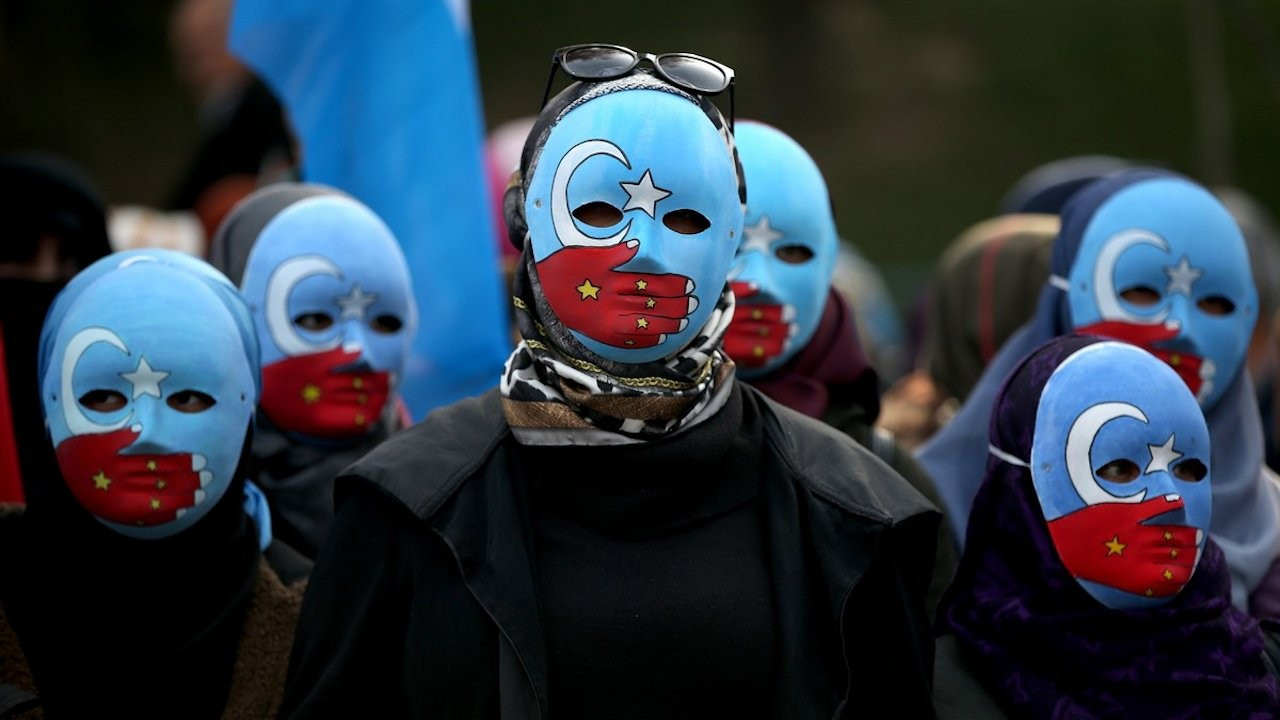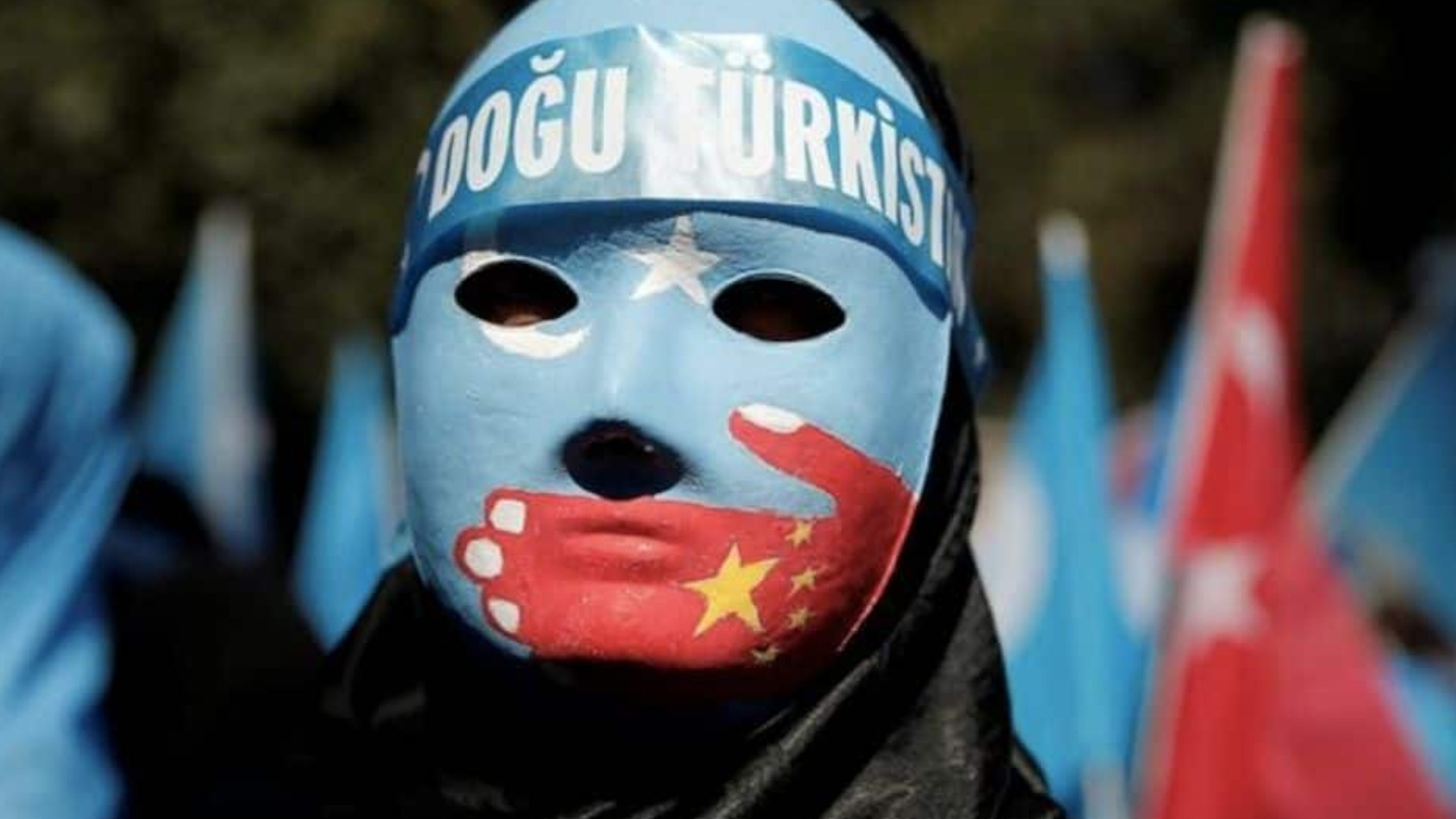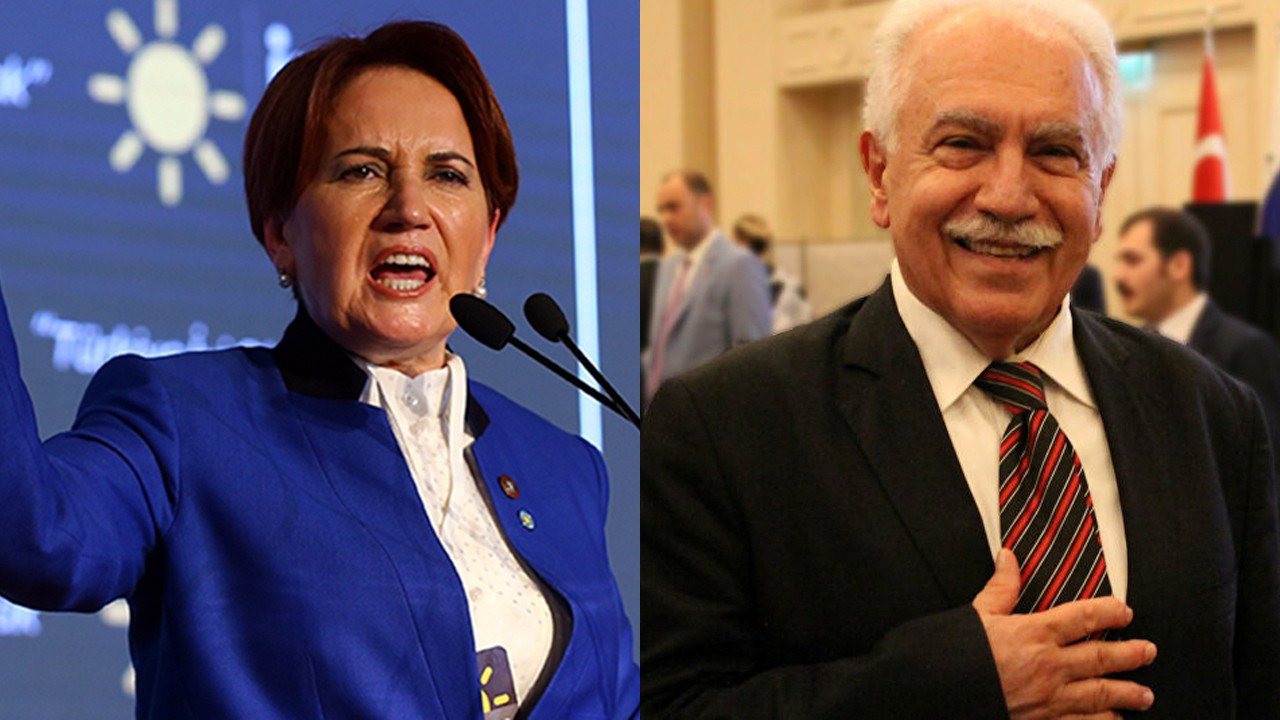Turkey’s Uyghurs fearful as China's economic influence increases
As Erdoğan’s government shifts away from the West and the country's traditional policies, especially with regard to China, Uyghurs in Turkey have started to ask whether they have trusted the president too much.
K. Murat Yıldız / Duvar English
Uyghurs around the world are staging protests against the Chinese government demanding information on their loved ones being held in concentration camps and prisons. Turkey, which has the largest Uyghur diaspora in the world, is at the center of these protests.
There is an ongoing protest in front of the Chinese consulate in Istanbul which started in early November by family members of those jailed and put in camps. This has been followed by demonstrations in Ankara and Kayseri. Although the protests in Istanbul were quite peaceful, security forces in Ankara and Kayseri have been intimating, detaining, physically and verbally attacking protestors including children; even injuring one female demonstrator.
Uyghur activists from Istanbul who went to support the demonstration in Ankara were surveilled 24/7 by the police and locked down in a hotel. These irregularities have been recorded and forwarded to authorities by legal Prof. İlyas Doğan.
A new extradition treaty
A new extradition treaty between Turkey and China waiting for approval in the Turkish parliament has caused heated debate in the country and great fear within the Uyghur community.
“I have six Uyghur clients that are in deportation centers waiting to be deported to China at the moment. They were detained last November. Many families contacted me but I couldn’t verify all cases. In just one deportation center I visited last month there were nine Uyghurs. I would say the total number is at least 25. Families and rumors on social media say the numbers are higher," Professor Doğan told Duvar English.
“My clients are accused of terror charges, but when I check their files there is no evidence. So, they get released in the end, but then they have trouble renewing their residence permits for ‘national security’ reasons. These people have nowhere to go,” he concluded.
Turkey’s departure from the West
Turkey has historically been the champion of the Uyghur cause and a safe haven, but in recent years this has gradually changed. Many attribute this shift to President Erdoğan’s departure from the West and Turkey's historic alliances.
“Turkey is on bad terms with its former allies: the European Union, the U.S., Israel, and NATO. It is now aligning itself with more authoritarian regimes such as China, Russia, and Iran not only politically but militarily and economically,” Seyit Tümtürk, President of the East Turkestan National Assembly, told Duvar English.
‘We feel like we're in Beijing’
“People who are defending ‘good relations’ with China are doing so just for financial, personal, or political benefits. We are loyal to the country, but they physically harmed our children during peaceful protests,” he said regarding the experience of protesters.
“President Erdoğan used to defend our rights and protect us. We trusted him greatly. Now we are asking ourselves whether we trusted him too much.”
Chinese investment in Turkey grows
While European companies such as Volkswagen have canceled their investment projects in Turkey, Chinese companies such as technology giant Huawei continue to invest in the country.
China with its ever-expanding economy is using its economic might to support its growth of an assertive foreign policy not only in Turkey but around the world.
From the Balkans to Africa, China finances state infrastructure, mining, and agriculture projects, which enable them to pressure and manipulate the relevant governments. As Turkey has departed from the West President Erdoğan had to look for investments for his so-called ‘mega projects,’ such as Kanal Istanbul, and for the country's failing economy.
As Erdoğan turned to Russia militarily, such as with the S400s, he has been looking at China as an alternative for investment.
Growing influence via banks and investment companies
As early as 2015 the Commercial Bank of China (ICBC) had taken over the Turkish Textile Bank (Tekstil Bank) in line with the Chinese strategy to increase their influence via Chinese banks and investment companies globally.
As noted in a Brookings Institution report, “China’s growing investments linked to the Belt and Road Initiative (BRI), its ambitious global infrastructure and connectivity program, are increasingly debated. So, too, are the nature of Chinese Communist Party (CCP) efforts to popularize its authoritarian model and undermine developing democracies around the world, whether intentionally or indirectly.”
Chinese money won’t save your economy
“Erdoğan is planning to make a lot of money from the BRI. They are counting on that. The Chinese promised him financial support if he plays along, especially with the Uyghur issue,” said a Turkish-Uyghur businessman whose family has been doing trade with China for two generations under the condition of anonymity.
“Former Treasury and Finance Minister Berat Albayrak got several billion dollars from China. 3.5 billion if I remember correctly. Where is he now? You can’t save your economy on the blood of Uyghurs,” he concluded.
Trade imbalance
Between 2015 and 2019 the trade between China and Turkey has amounted to around 125 billion dollars. According to the state statistics institute (TÜİK) between January 2019 and September 2020, imports from China increased by 20 percent, putting China at the top of the list.
Turkey imports products amounting to nearly 16 billion dollars while Turkey’s exports to China remained the same around 2.5 billion dollars showing a clear imbalance in the trade relations between the two countries.
Selling out the Uyghurs
“The government prefers to make business deals with authoritarian countries like China because those deals can’t be checked, they are not transparent. They are all in a gray zone. They can’t do deals like that with Western companies,” economist İbrahim Kahveci said to Duvar English.
“They have said a 40 billion dollar investment will come to Turkey from China for years. Where is it?” he asked.
“They are denouncing the foreign policy principles of our country, they are selling out the Uyghur people, our brothers, for dubious money and deals,” Kahveci concluded.

 Uyghurs in Turkey worried as China ratifies extradition treatyDiplomacy
Uyghurs in Turkey worried as China ratifies extradition treatyDiplomacy How China’s influence flipped Turkey’s position on UighursWorld
How China’s influence flipped Turkey’s position on UighursWorld 'Xinping Perinçek' is behind Ankara's silence on China's persecution of Uyghurs: AkşenerPolitics
'Xinping Perinçek' is behind Ankara's silence on China's persecution of Uyghurs: AkşenerPolitics